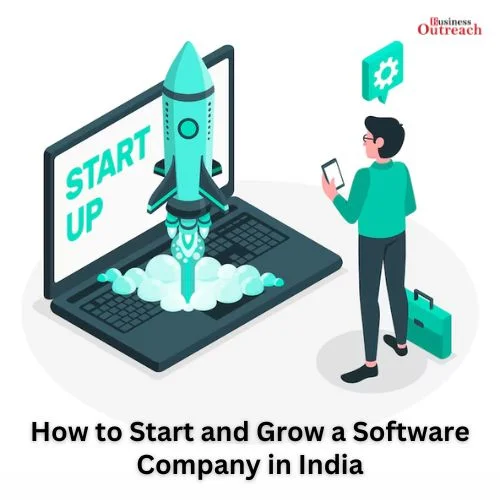Tesla said Tuesday it is investing more than $3.6 billion to expand its Gigafactory in Nevada with two new factories.
Tesla Inc said on Tuesday it would invest more than $3.6 billion to build two new factories to expand its Gigafactory complex in Nevada. The cell plant can produce 2 million light vehicle batteries annually, using the 4680 cell type. The 4680 meets Tesla’s goal of cutting battery costs in half and increasing battery production nearly 100 times by 2030. very important to achieve.
Together, the facilities will employ approximately 3,000 people, operate a battery joint venture with Panasonic of Japan, and expand the electric vehicle manufacturer’s compound east of Reno, which makes automotive components and backup power systems.
Panasonic currently supplies the cells to the Gigafactory and Tesla assembles them into battery packs there.
Tesla has struggled to ramp up production of the 4680 at its Fremont, California, and Austin, Texas plants. Experts say the dry coating method used to produce the larger cells in these batteries is new and untested, and the company has had difficulty scaling production to the point where significant cost reductions are starting to kick in. We started mass production of Semi, which was originally scheduled to open in 2019. Tesla delivered the first Semi to PepsiCo in December but shows no signs of high production rates for the model.
Other customers who have ordered the Semi are Brewer Anheuser-Busch, United Parcel Service Inc, and Walmart Inc. Total weight including trailer and cargo is 81,000 pounds (37 tons). You may qualify for the $40,000 tax credit provided for clean commercial vehicles under the Inflation Reduction Act.
Tesla Chairman Robin Denholm said in November that Tesla could produce 100 semi-trucks in 2022, but did not disclose figures for each model in the fourth quarter production report. The electric vehicle maker aims to produce 50,000 semi-trailers in 2024, Musk said in an October earnings call.
Tesla’s Tuesday announcement “Is the latest in more than $300 billion in private sector investment in clean energy and semiconductor manufacturing announced since the President took office,” Mitch Landrieu, senior advisor to U.S. President Joe Biden said.















